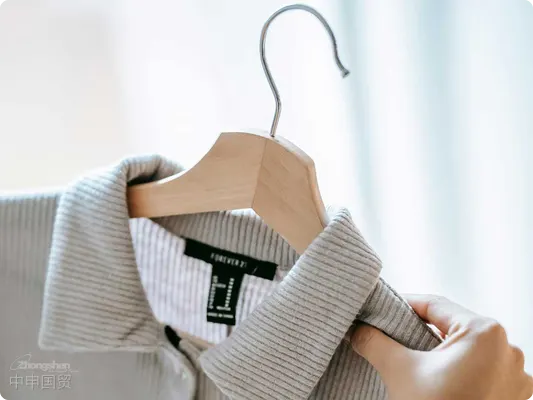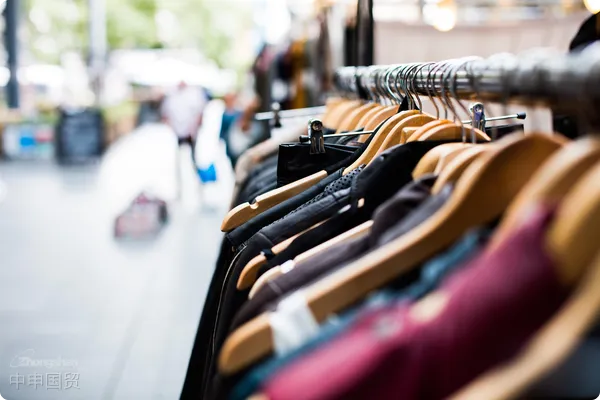- Shanghai Zhongshen International Trade Co., Ltd. - Two decades of trade agency expertise.
- Service Hotline: 139 1787 2118
When exporting nylon sun protection face masks to the EU market, companies must ensure products comply with a series of strict certification requirements. These certifications are not only fundamental for EU market entry but also crucial steps in guaranteeing product safety and environmental compliance.
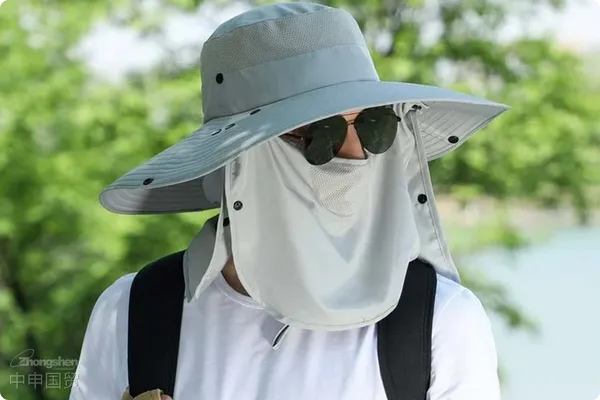
Below is a detailed explanation of key certifications and related matters companies should focus on during the export process:
一、CE認(rèn)證
CE certification is a fundamental requirement for entering the EU market, indicating compliance with EU health, safety, and environmental standards. For textile products like nylon sun protection face masks, CE certification ensures the products design and manufacturing processes pose no health threats to consumers, especially during prolonged skin contact.
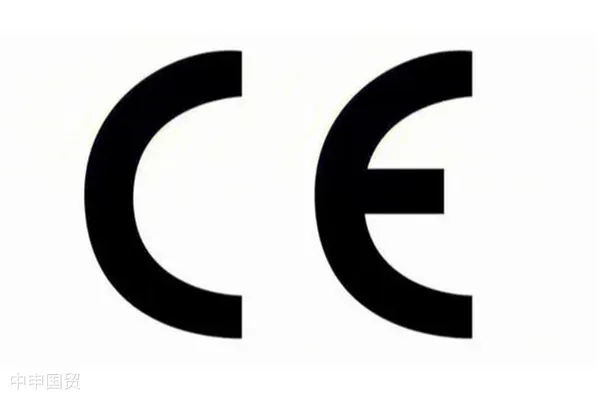
(1) Safety Assessment:Before applying for CE certification, companies must conduct comprehensive product safety assessments, including the face masks physical properties, chemical composition, and performance under various environmental conditions. Particularly for sun protection masks, UV protection functionality must be verified to ensure no harmful reactions occur under sunlight exposure.
(2) Risk Analysis:Companies must also submit risk analysis reports detailing potential risk sources and control measures, demonstrating that necessary precautions have been taken to ensure user safety.
二、REACH認(rèn)證
REACH regulations govern chemical management in the EU and apply to all products containing chemical substances. REACH certification is especially critical for nylon sun protection face masks, particularly if they contain chemicals that may pose health or environmental hazards.

(1) Chemical Composition Testing:Companies must conduct rigorous chemical analysis of mask materials to ensure they contain no EU-restricted substances such as certain plasticizers, dyes, or preservatives. If such substances are present, detailed registration and risk assessments are required, along with alternative solutions when necessary.
(2) SVHC List:Companies should pay special attention to the Substances of Very High Concern (SVHC) list under REACH. If masks contain any SVHC-listed substances, companies must report to the European Chemicals Agency (ECHA) and ensure transparent communication throughout the supply chain.
三、ROHS認(rèn)證
While ROHS certification primarily targets electrical and electronic products, nylon sun protection face masks containing electronic components (e.g., built-in LED lights) must also comply with ROHS standards. This means restricted hazardous substances like lead, mercury, cadmium, hexavalent chromium, PBBs, and PBDEs must remain below specified limits.
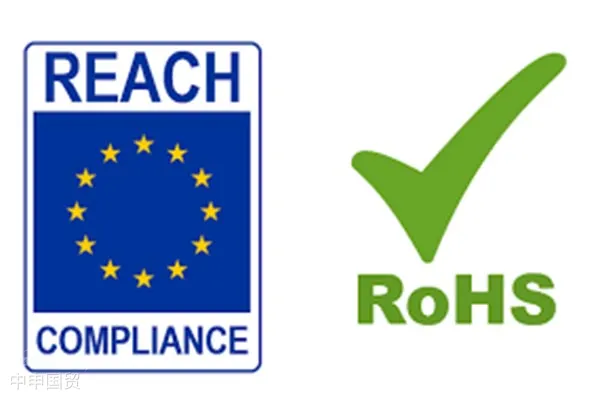
(1) Material Testing:Companies must test all electronic components to verify they contain no ROHS-prohibited substances exceeding permitted levels. If tests reveal non-compliance, production processes must be adjusted or suppliers replaced to meet standards.
(2) ROHS mark:After certification, companies should affix ROHS labels to products and packaging to indicate EU environmental compliance.
IV. Textile Safety Standards
Nylon sun protection face masks are not just apparel products—their claimed UV protection functionality requires compliance with specific textile safety standards. This includes testing fabrics physical and chemical properties to verify sun protection effectiveness and stability under various usage conditions.
(1) UV Protection Verification:Companies must provide laboratory test reports proving the mask materials Ultraviolet Protection Factor (UPF) meets or exceeds EU-recognized standards. Products lacking such test support cannot market sun protection claims.
(2) Durability Testing:In addition to sun protection effectiveness, companies must also conduct durability tests on the fabric to ensure it maintains its protective performance and physical integrity after prolonged use or multiple washes.
五、OEKO-TEX STANDARD 100
雖然OEKO-TEX STANDARD 100并非強(qiáng)制性認(rèn)證,但它在市場(chǎng)上具有極高的認(rèn)可度,特別是對(duì)注重健康和環(huán)保的消費(fèi)者群體而言。如果錦綸防曬面罩通過了OEKO-TEX STANDARD 100認(rèn)證,表明該產(chǎn)品在所有生產(chǎn)環(huán)節(jié)中不含有害物質(zhì),對(duì)人體皮膚無害。
(1) Application Process:Companies need to submit samples to OEKO-TEX designated laboratories for testing, which includes examining substances potentially harmful to human health such as heavy metals, allergenic dyes, and pesticide residues.
(2) Market Recognition:After obtaining OEKO-TEX certification, companies can use the OEKO-TEX label on their products. This not only helps enhance market acceptance but also provides a competitive advantage.
VI. Product Labeling and Instructions
Nylon sun protection masks exported to the EU must strictly comply with the language and information requirements of the EU and the destination country on labels and instructions. These requirements include, but are not limited to, product composition, washing and care instructions, manufacturer information, and safety warnings.
(1) Language Requirements:Labels and instructions should include at least the local official language, ensuring all information is accurate and clear. Misleading information or language errors may lead to product recalls or fines in the market.
(2) Information Completeness:Labels must provide detailed instructions on the correct use and maintenance of the product, especially guidelines on sun protection functionality, to ensure consumers fully understand and use the product correctly.
VII. Packaging, Transportation, and Customs Requirements
When preparing for export, companies must also consider product packaging standards, transportation conditions, and potential customs requirements. Nylon sun protection masks should use eco-friendly packaging materials that comply with EU standards and ensure the packaging effectively protects the product from damage during transportation.
(1) Packaging Requirements:Use high-quality packaging materials to ensure the product is not crushed or contaminated during long-distance transportation. Additionally, packaging materials must comply with EU environmental regulations, such as recyclability and non-toxicity.
(2) Transportation and Insurance:Select the appropriate shipping method and consider purchasing shipping insurance for the products to prevent economic losses caused by damage or loss during transportation.
(3) Customs Documents:Enterprises need to prepare all necessary customs documents in advance, such asIt is recommended to verify through the following methods:Certificate of origin, health certificate, commercial invoice, etc., to ensure smooth customs clearance.
Conclusion
Exporting nylon sun protection face masks to the EU market not only requires compliance with a series of strict product certification requirements but also necessitates meticulous preparation in packaging, transportation, and customs procedures. It is recommended to work with professionalExport Representation(such asZhongShen International TradeCollaborate to ensure all requirements are met, enabling smooth entry into the EU market and gaining consumer trust. Through rigorous compliance processes, enterprises can not only improve product quality but also secure a favorable position in the international market.
. For more relevant information and content, welcome to followExporting Nylon Sun Protection Face Masks to the EU: How to Ensure Full Compliance?All content, China Shenzhen International Trade as a one-stop,import and exportAgent service providers can offer customized import and export solutions for various industries. If you needforeign tradeFor import and export agency services, please feel free to contact our company for business inquiries. The consultation hotline is 139 - 1787 - 2118.
Related Recommendations
? 2025. All Rights Reserved. 滬ICP備2023007705號(hào)-2  PSB Record: Shanghai No.31011502009912
PSB Record: Shanghai No.31011502009912


